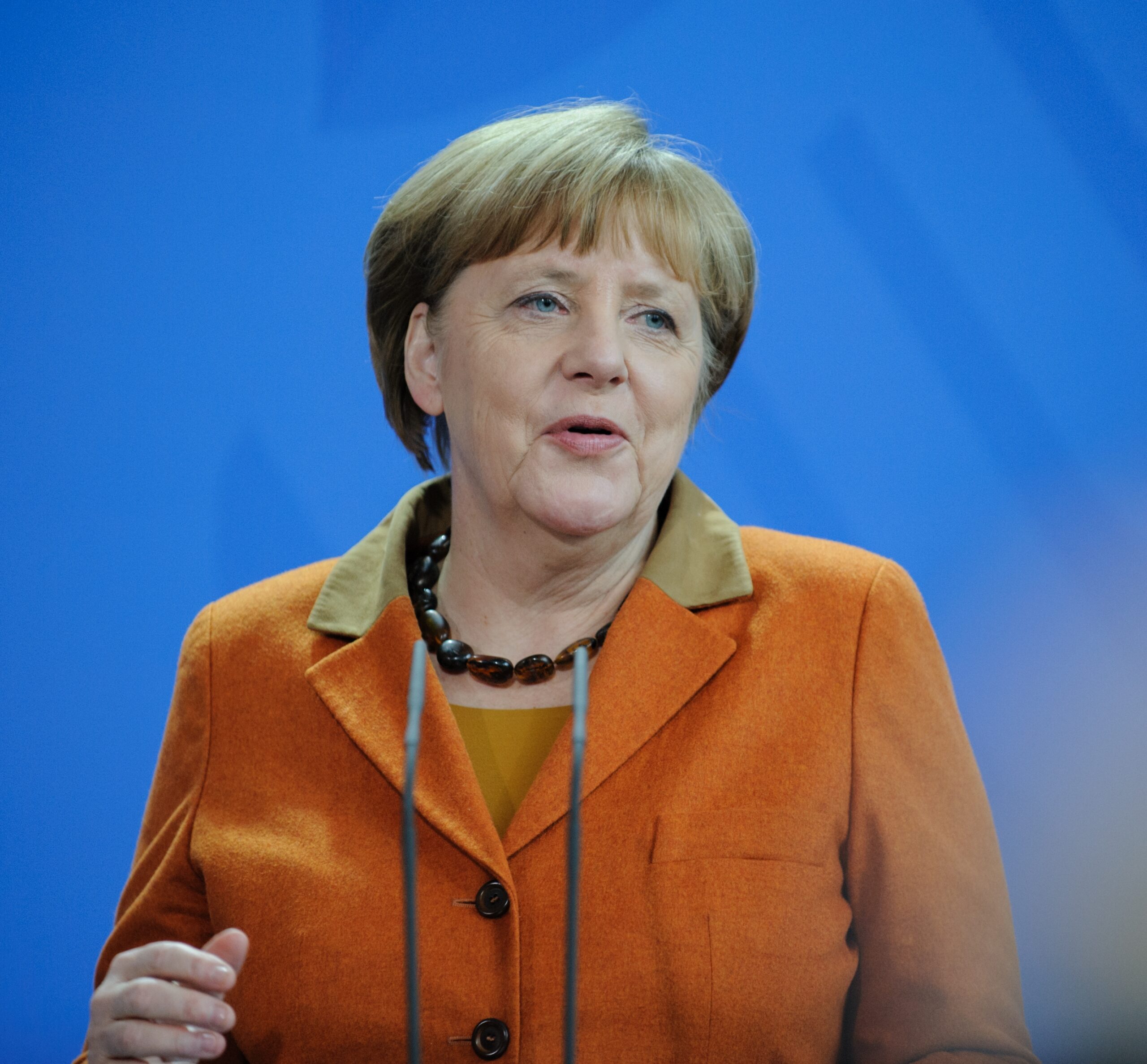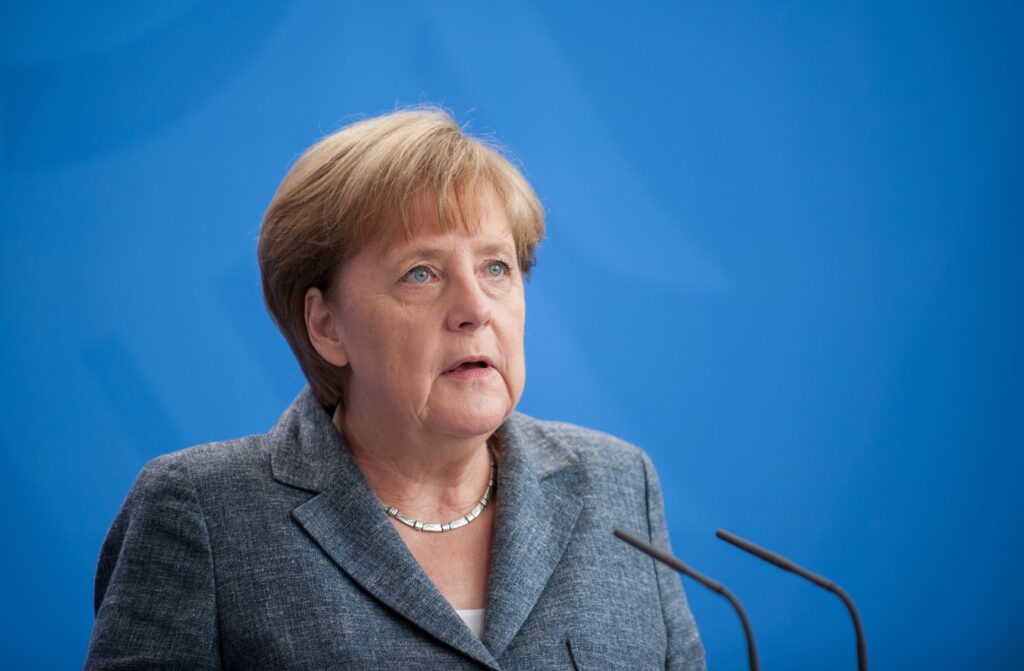
Angela Merkel: The Quiet Powerhouse of European Politics
How a Physicist from East Germany Became the De Facto Leader of Europe
Angela Merkel was never flashy, loud, or theatrical. Yet for over 16 years, she stood at the helm of Europe’s largest economy, navigating crisis after crisis with calm determination, scientific reasoning, and strategic patience. As Germany’s first female Chancellor, she redefined what it means to lead — not through dominance, but through quiet authority.
In this blog, we explore how Merkel rose from a modest background in East Germany to become one of the world’s most respected and influential political figures, and why her leadership style remains a model for the 21st century.
Outline
- From Physicist to Politician: A Most Unlikely Leader
- Breaking Barriers: Germany’s First Female Chancellor
- Leadership Through Crisis: Merkel’s Calm in the Storm
- The Eurozone and Refugee Challenges
- Championing the European Union
- The Merkel Method: Pragmatism Over Populism
- Criticism, Legacy and Departure
- What Merkel’s Style Taught the World
- Final Thoughts
From Physicist to Politician: A Most Unlikely Leader
Angela Merkel was born in 1954 in Hamburg, but raised in East Germany, where her father was a Lutheran pastor. She trained as a physicist and earned a PhD in quantum chemistry — far from the traditional path to political power.
After the fall of the Berlin Wall in 1989, Merkel entered politics at 35 with no party connections or ambition for power. But within a year, she became Minister for Women and Youth under Chancellor Helmut Kohl, who referred to her — somewhat condescendingly — as “das Mädchen” (the girl).
But Merkel would prove that she had both the intellect and tenacity to go much further.
Breaking Barriers: Germany’s First Female Chancellor
In 2005, Angela Merkel was elected as Germany’s first female Chancellor — and the first from the former East. Her rise was historic in more ways than one:
- She led the centre-right CDU, yet governed from the political centre
- She consistently ranked among the world’s most powerful women
- She was re-elected three times, serving for 16 years (2005–2021)
Her tenure became one of the longest in modern German history.
She shattered the glass ceiling not with slogans — but with substance.

Leadership Through Crisis: Merkel’s Calm in the Storm
Merkel’s legacy is largely defined by how she handled crisis after crisis:
- The 2008 financial collapse
- The Eurozone debt crisis
- The 2015 refugee crisis
- The COVID-19 pandemic
In each case, Merkel relied on:
- Data-driven decision-making
- Coalition building at home and abroad
- Careful communication to avoid panic
Her background as a scientist made her uniquely suited to cut through emotion and focus on evidence.
“For me, it’s always important to base my decisions on facts, on thorough analysis,” she once said.
The Eurozone and Refugee Challenges
Merkel’s leadership during the Eurozone debt crisis positioned Germany as the anchor of European stability — but also drew criticism for her austerity demands.
In 2015, she took her boldest moral stand by opening Germany’s borders to over 1 million refugees, many fleeing war in Syria. She famously declared:
“Wir schaffen das.” (“We can manage this.”)
The move was lauded by humanitarian groups and condemned by populists — yet it cemented her as a leader with moral conviction in a time of fear and division.
Championing the European Union
Merkel became known as the unofficial leader of Europe, thanks to:
- Her role in saving the Euro
- Mediating between member states during Brexit negotiations
- Keeping transatlantic relations balanced
- Supporting EU expansion and green energy transitions
While never flamboyant, she was the steady centre that held the EU together during its most turbulent years.
In Brussels, her voice carried more weight than perhaps any other head of state.
The Merkel Method: Pragmatism Over Populism
Merkel’s leadership style was unique in modern politics:
- She avoided drama, grandstanding, and personal scandal
- She often wore the same modest suit styles — rejecting political glamour
- She listened more than she spoke, but always spoke with clarity and purpose
This quiet, almost unassuming presence became her greatest strength. In an era of political theatrics, she reminded the world that decency and discipline can still lead.
Power, for Merkel, was a responsibility — not a performance.
Criticism, Legacy and Departure
Of course, Merkel’s legacy is not without criticism:
- Some say she was too cautious, delaying bold reforms
- Her climate policies were seen as inconsistent
- Critics argue her decisions on austerity widened inequalities in Europe
Still, when she stepped down in 2021, she left office with:
- Over 70% domestic approval
- Global admiration
- No corruption scandals or personal controversies
In a world of strongmen, she was the rare leader who left on her own terms, with dignity intact.
What Merkel’s Style Taught the World
Angela Merkel showed that:
- Integrity and intelligence can outlast charisma
- Deliberation is not indecision — it’s strength in disguise
- True leadership is not always about having the loudest voice, but the most consistent one
She once said:
“Look at the world — what do you see? Conflict, war, nationalism. The solution is cooperation and realism.”
Her leadership was never about ego. It was about results.
Final Thoughts
Angela Merkel didn’t command headlines. She commanded respect.
She led not with force, but with focus. Not with ego, but with endurance.
In a time of political noise, she was a voice of reason — calm, committed, and always conscious of the responsibility of power.
She didn’t just redefine what it meant to be a woman in power — she redefined what it meant to lead in the modern world.


